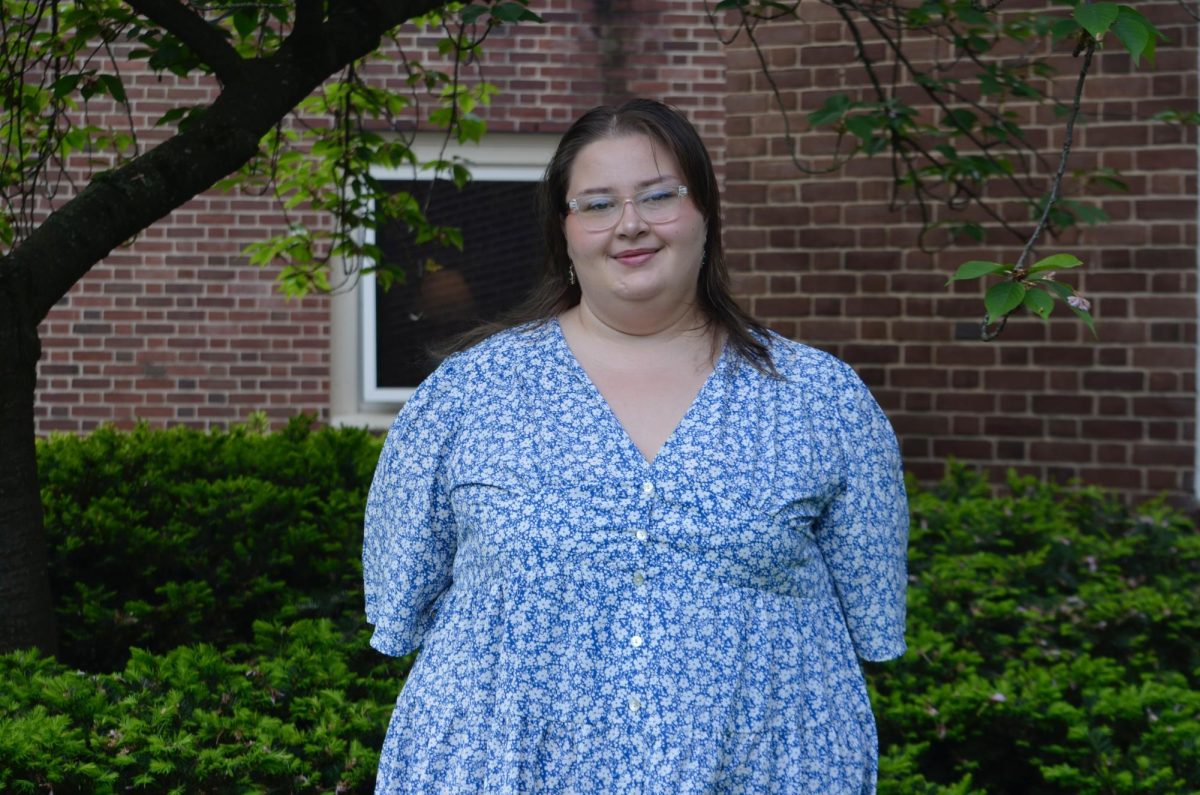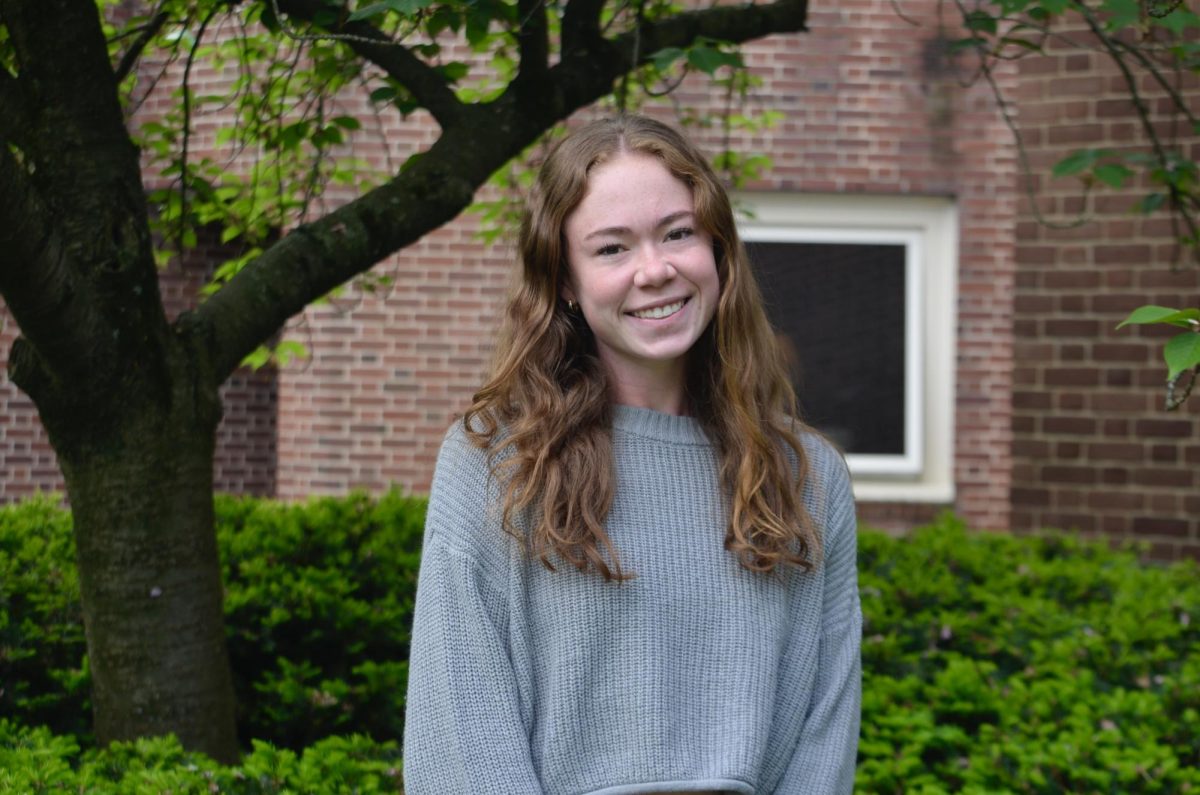By Courtney Bottazzi
Contributing Writer
A teleconference was held on Tuesday, Aug. 31 to help spread the word about the recent opening of a privately-owned garment factory in the Dominican Republic.
The Alta Gracia factory, owned by Knights Apparel, is becoming known for its anti-sweatshop regulations. Employees are paid three times the Dominican minimum wage and are supported in their right to unionize. The Barnes & Noble at Bucknell
University Bookstore currently carries apparel manufactured by the Alta Gracia factory.
This marks the first time regulations of this type have been implemented in the apparel sector.
“By purchasing the company’s clothing, students can help support the factories’ employees by providing clean water, food and education to company workers,” said Gena Madow, a spokesperson for the project, in an e-mail released last week.
During the teleconference, Knights Apparel C.E.O. Joseph Bozich emphasized the importance of providing education to workers, saying “Education can be the long-term path out of poverty.”
Bozich also stressed the importance of not taking advantage of workers who are willing to work for less because it helps business.
“From a business standpoint, we have an obligation to do more than what’s required of us. Doing good can be good for business,” Bozich said.
The question is whether or not the company will be able to prosper or simply turn out to be an idealistic experiment.
Another speaker at the teleconference, Teresa Cheng, International Campaign Coordinator at United Students Against Sweatshops, hopes that with the help of the community the former will be true. “Once students become aware of what Alta Gracia means, they will support the project,” she said.
Consumers would be supporting the factory’s “living wage”—338 percent more than the minimum wage.
“It’s not based upon the law but based upon calculating and doing a living wage study. We asked, how much money do employees need to receive in order to provide?” Bozich said.
Theresa Haas, Director of Communications at the Worker Rights Consortium, verified that Alta Gracia has earned the Worker Rights Consortium (WRC) tag of verification for the living wage and healthy working conditions.
In the final minutes of the teleconference, Maritza Vargas, employee at the Alta Gracia factory and president of the union, answered questions from college students about her experience working on the project. Vargas was asked to compare her past work experiences to working at Alta Gracia.
“The difference is huge, because it doesn’t just offer us a place to live but a home and a living wage. It’s given us a chance to continue our children’s education. This is an opportunity we didn’t have at other factories, because wages were so low that we only had enough to cover food and rent and that was it,” Vargas said.
Vargas was also asked to describe her present work conditions.
“At Alta Gracia we have so much more space, better ventilation, extractors to make sure there’s no dust in the air, properly marked exits and escape routes in case of emergencies, new bathrooms in good condition, and more importantly, we have management that treats us with a lot of respect.”
The anti-sweatshop project has helped many people like Vargas provide a brighter future for themselves and their families. Students can help keep the project alive by purchasing Alta Gracia clothing.
When asked if they would buy an Alta Gracia t-shirt that may be a bit more expensive, students responded positively. “Yes, I would definitely buy it. I think if enough people knew about it, the Bucknell community would support it,” Daina Allison ‘12 said.
Carolyn Breden ’12 agreed. “If I knew the story behind the brand, I would definitely buy a shirt,” she said.
Some students are more skeptical. “I would only buy a more expensive shirt if I knew where the money was going,” Emily Willig ’12 said.
“For this to be effective, it has to be very well advertised,” Sara Palmer ’12 said.





















